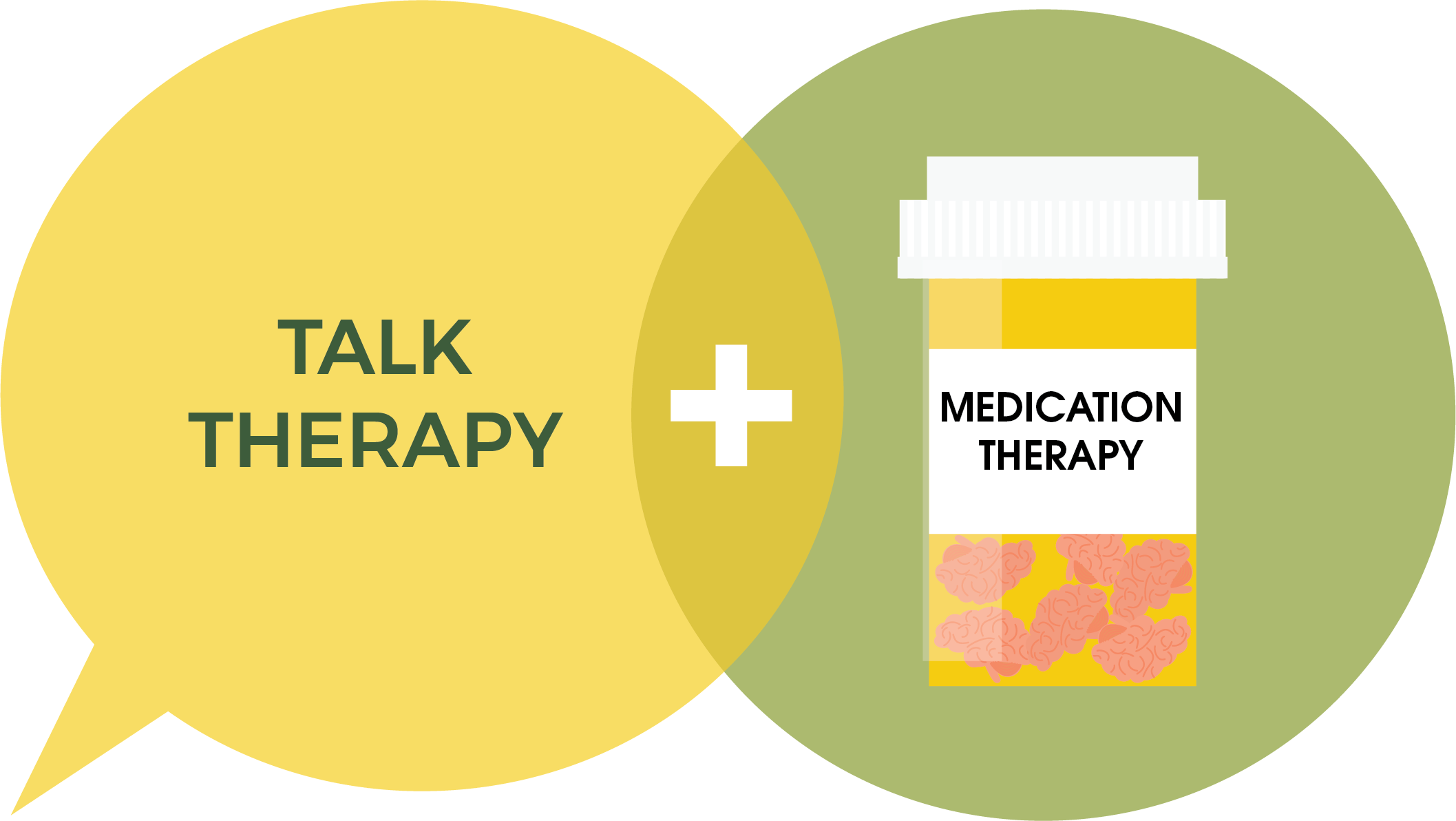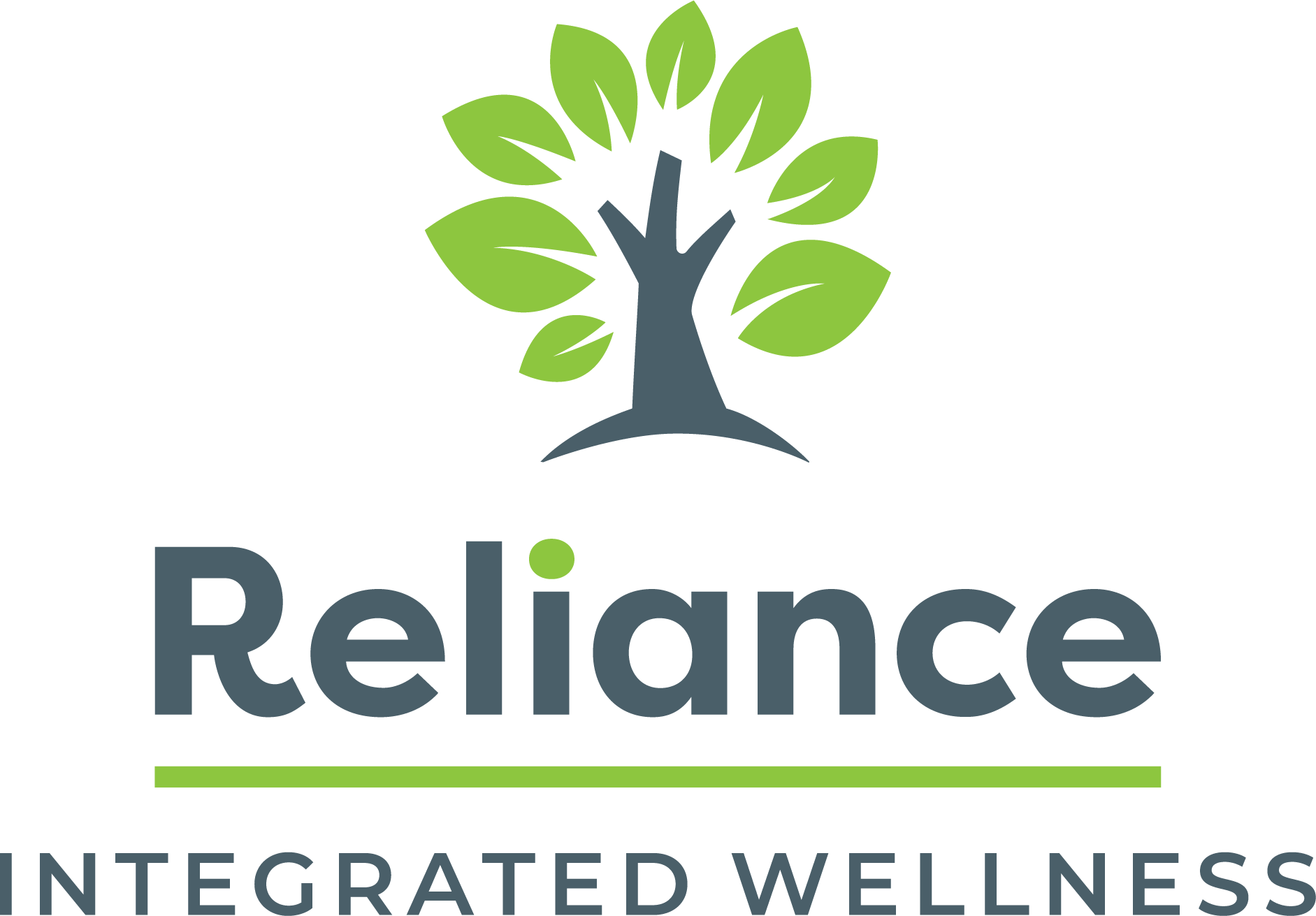
MEDICATION THERAPY & MANAGEMENT
Finding Your Balance

The physical and emotional symptoms that mental health issues like anxiety and depression bring to someone’s day can be very disruptive. They often prevent an individual from performing normal functions, heighten their emotional state, and have negative effects physically. Medication therapy and management work to control or eliminate the imbalances in the brain that lead to the symptoms that someone is experiencing. It’s not an exact science, and it often takes making adjustments until the right balance is found.
Every individual is different, but common symptoms that medication can help with include:
Feeling sad or empty
Having little interest or pleasure in doing things
Experiencing a change in appetite with weight loss or weight gain
Pain, aches, cramps, or gastrointestinal problems without any clear cause
Trouble falling or staying asleep, or sleeping too much
Being tired, fatigued, and having no energy
Feeling worthless or guilty that you have let yourself or your family down
Moving slowly or the opposite – being overly fidgety and restless
Having difficulty thinking or concentrating
Letting personal hygiene go – not bathing or not dressing well
Recurring thoughts of hurting yourself or thinking that you’d be better off dead
Restlessness, irritability, or feeling on edge
Difficulty controlling worry or fear
Panic


It’s important to note that medications are not a cure and, if used, are typically one part of the overall treatment plan. Studies have shown that pairing medication with talk therapy or psychotherapy has the most effective impact. At Reliance Integrated Wellness Center, patients can be prescribed medicine without therapy, but it is typically more beneficial—for both the patient and the prescribing doctor—when used together. Whatever the symptoms, we actively work with our patients to decide which plan will be the most impactful on their recovery.
If needed, a therapist can refer a patient to a social worker or work with their caregiver to facilitate help with medication management.
CALL TO MAKE AN APPOINTMENT
(616) 954-1555
